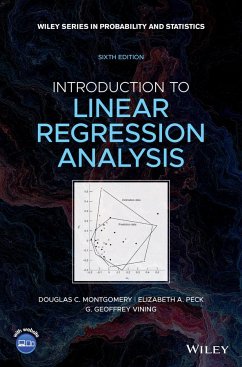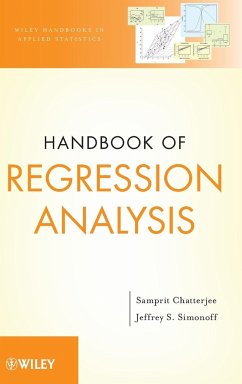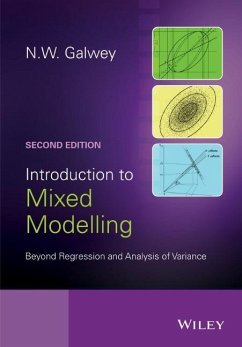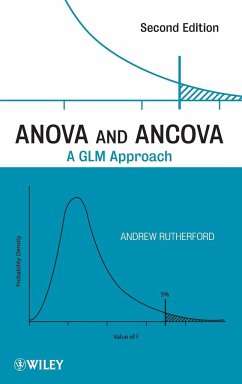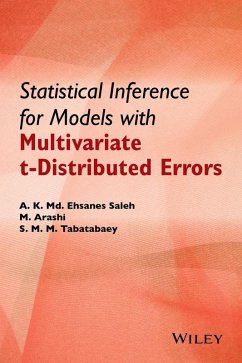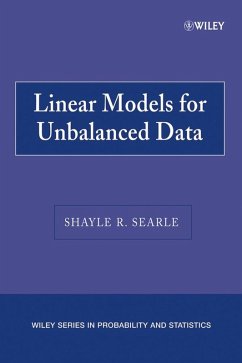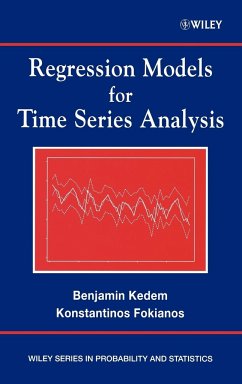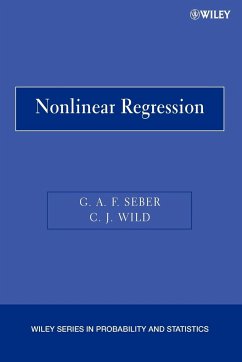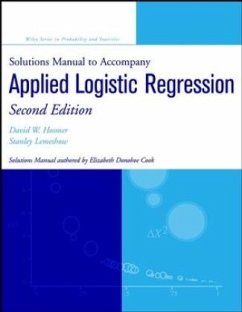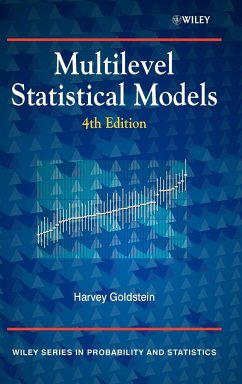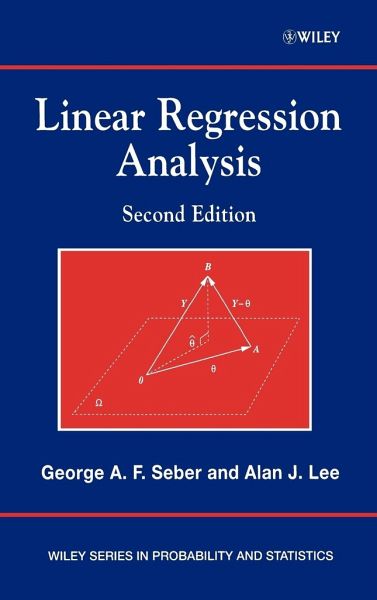
Linear Regression Analysis

PAYBACK Punkte
90 °P sammeln!
Regression analysis is an often used tool in the statistician's toolbox. This new edition takes into serious consideration the furthering development of regression computer programs that are efficient, accurate, and considered an important part of statistical research. The book provides up-to-date accounts of computational methods and algorithms currently in use without getting entrenched in minor computing details.
Concise, mathematically clear, and comprehensive treatment of the subject.
_ Expanded coverage of diagnostics and methods of model fitting.
_ Requires no specialized knowledge beyond a good grasp of matrix algebra and some acquaintance with straight-line regression and simple analysis of variance models.
_ More than 200 problems throughout the book plus outline solutions for the exercises.
_ This revision has been extensively class-tested.
_ Expanded coverage of diagnostics and methods of model fitting.
_ Requires no specialized knowledge beyond a good grasp of matrix algebra and some acquaintance with straight-line regression and simple analysis of variance models.
_ More than 200 problems throughout the book plus outline solutions for the exercises.
_ This revision has been extensively class-tested.





